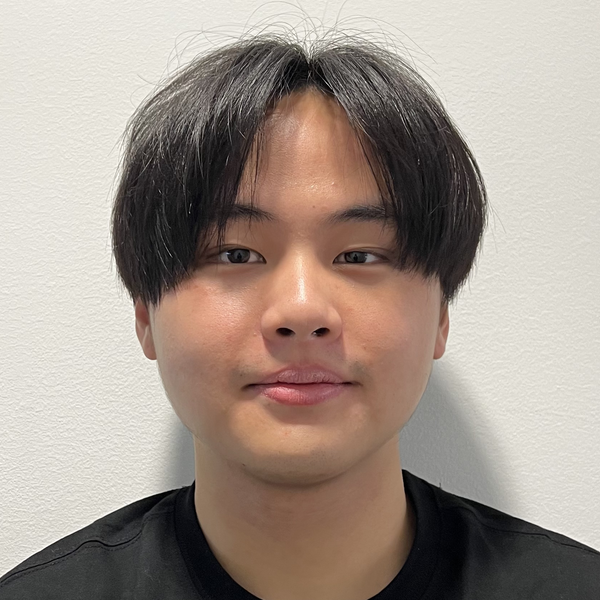Note regarding waitlist
If you are on the waitlist, we encourage you to attend the first few classes. Typically there is a lot of churn in enrollment in the beginning of the semester. It is possible that the waitlist will clear somewhat in the initial few weeks. Of course, this cannot be guaranteed since it depends on other enrolled students dropping the course.
Course Information
- This semester (Fall 2024), the course will follow closely along the previous Fall versions of this course. In particular, the projects will use the Go programming language.
- This semester (Fall 2024), lectures are going to be on Tuesdays and Thursdays from 11:00AM-12:20PM in CUC McConomy Auditorium.
- All class communication happens on the 15-440 Edstem forum. For longer discussions with TAs and to get help in person, we strongly encourage you to come to office hours.
- The course content and deadlines for all assignments will be listed in our course schedule and on the assignments page.
Course Staff

Instructor

Instructor

Head TA
Course Assistants





















Prerequisites
Because this course has a big project component, you must be proficient in C and programming on UNIX systems. We will use the Go programming language throughout the term. It is required that you have taken 15-213/15-513 and gotten a “C-“ or higher since many of the programming skills you will need are taught in that course. However, if you received a C in 15-213, you must meet with your academic advisor to discuss your background before taking 15-440/640, perhaps taking an additional course to sharpen your systems skills. Your advisor must email us approval and an explanation of why you have sufficient background to take 15-440/640.
If you have not taken 15-213/15-513 but believe you have taken an equivalent course (for example, master’s students might have taken a similar course during their undergrad), you may join the waitlist. This year (Fall 2024) exceptionally, we have decided to allow these students to join the course after the waitlist clears for students who have the proper prerequisites (if it clears).
Learning Objectives
After this course, students will have learned to…
- Implement and structure distributed systems programs.
- Write programs that can interoperate using well-defined protocols.
- Debug highly concurrent code that spans multiple programs running on multiple cores and machines.
- Reason about distributed algorithms for locking, synchronization and concurrency, scheduling, and replication.
- Use standard network communication primitives such as UDP and TCP.
- Understand the general properties of networked communication necessary for distributed systems programming in clusters and on the Internet.
- Employ and create common paradigms for easing the task of distributed systems programming, such as distributed filesystems, RPC, and MapReduce. Be able to clearly elucidate their benefits, drawbacks, and limitations.
- Identify the security challenges faced by distributed systems programs.
- Be able to select appropriate security solutions to meet the needs of commonly encountered distributed programming scenarios.
Course Policies
For all of the course policies, including grading policies, please head to the syllabus.
 15-440 Distributed Systems
15-440 Distributed Systems